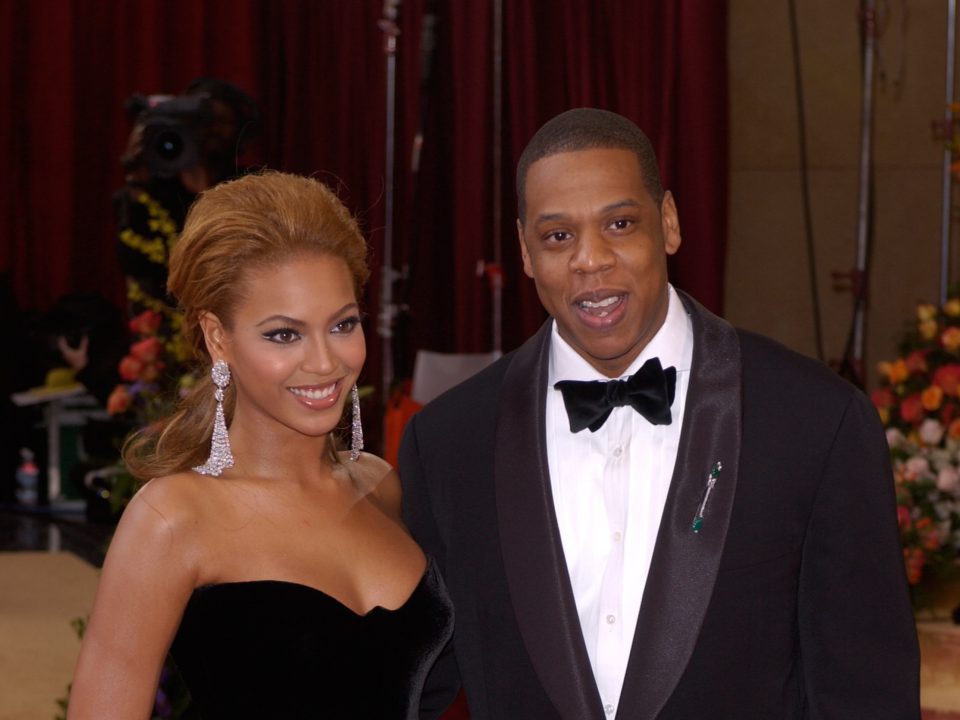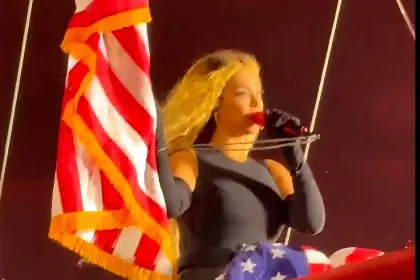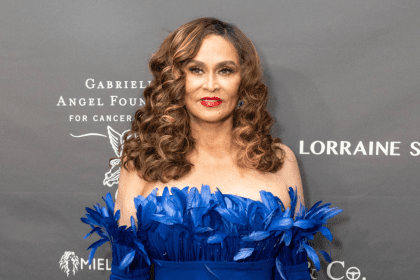Conservative commentator Candace Owens launched criticism at Beyoncé and JAY-Z, questioning their authenticity and alleged connections to Sean “Diddy” Combs amid recent controversies.
The conflict escalated after Owens claimed Beyoncé had a “mental breakdown” following allegations about a paid appearance at a Kamala Harris rally. Tina Knowles, Beyoncé’s mother, refuted these claims as “fake news,” denying any compensation for the Houston event.
Owens alleged that Beyoncé and her mother leveraged Meta connections to remove her posts, suggesting attempts to silence dissenting voices. She challenged the couple’s cultural relevance, stating their political endorsements “would have mattered” a decade ago but now seem “annoying.”
“You don’t gotta text from your mommy’s burner account on Instagram,” Owens remarked, implying Beyoncé’s public persona lacks authenticity. She warned the singer to “see which way the wind is blowing girlfriend. Because it is not in your favor.”
The commentator extended criticism to JAY-Z, questioning his relationship with Diddy amid ongoing industry controversies. “If you wanna start with being authentic, maybe give us some answers about Diddy’s parties. Your husband’s been close with him,” Owens stated.
The accusations prompted varied community responses, with supporters defending Beyoncé’s cultural contributions while others endorsed Owens’ perspective on celebrity influence. Some fans emphasized the couple’s impact on music and culture, while critics echoed concerns about their current relevance.
This clash highlights ongoing debates about celebrity authenticity and responsibility within African American communities. The controversy raises questions about public figure influence and accountability in modern culture.
As discussions continue, observers await potential responses from Beyoncé and Jay-Z regarding Owens’ allegations about their industry connections and cultural impact. The incident demonstrates evolving perspectives on celebrity influence and the complex relationship between public figures and their audiences.
The controversy underscores broader discussions about social media’s role in shaping public discourse and the changing nature of celebrity influence in contemporary society. It reflects growing scrutiny of entertainment industry relationships and their impact on cultural conversations.
Furthermore, this incident illustrates the increasing intersection of entertainment, politics and social commentary in modern media landscapes. The debate continues to fuel discussions about celebrity influence and accountability in contemporary culture.
















